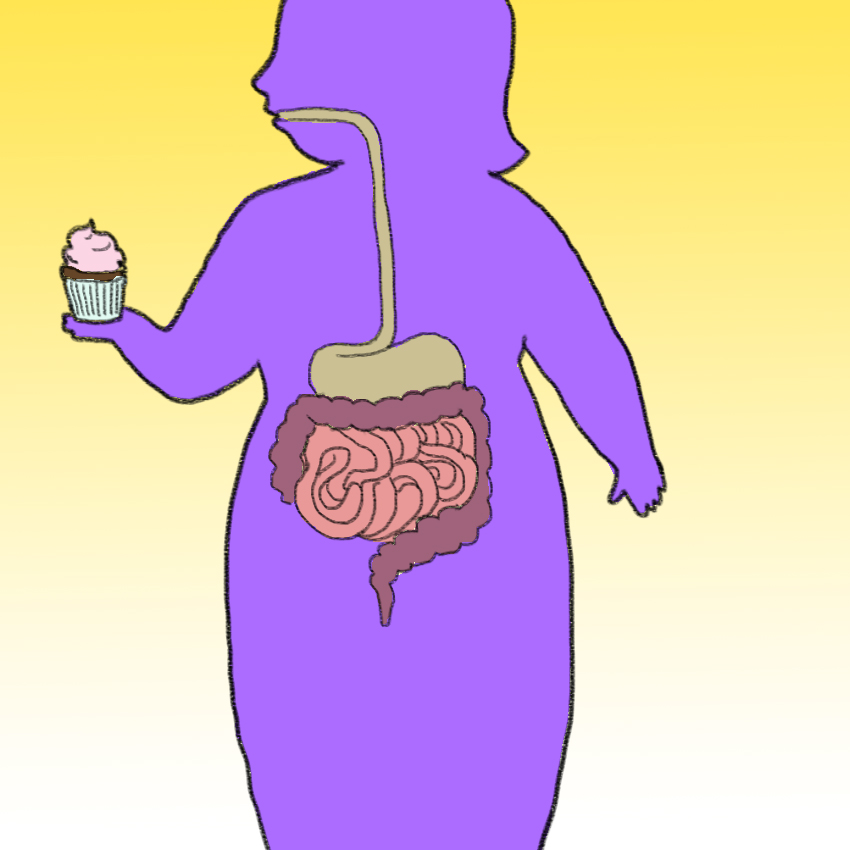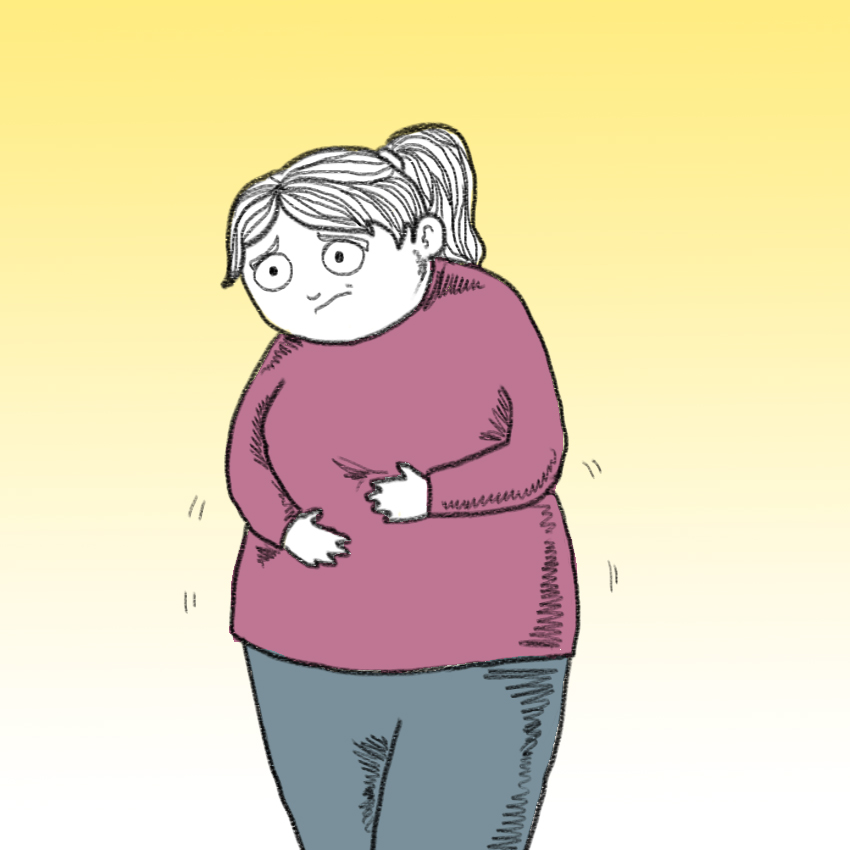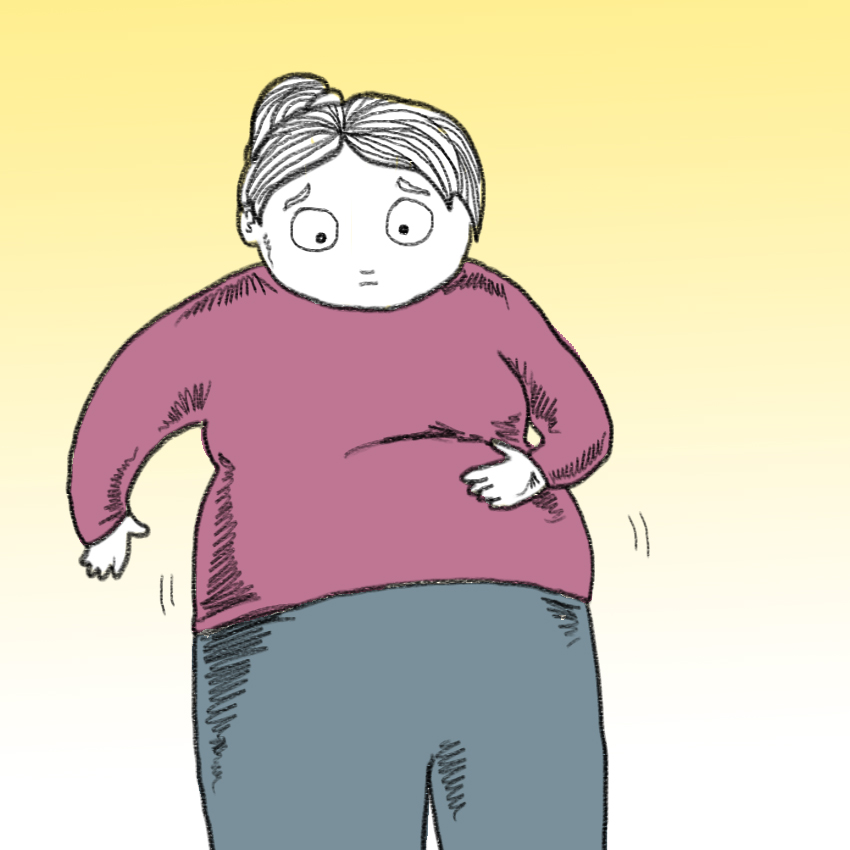Everybody poops! It's a simple fact we all learn as potty-training tots, and it's nothing to be ashamed of.
However, there's a corollary: lots of people hold in poop too.
This bad habit comes from a totally natural place. People are embarrassed by their poop, particularly in public bathrooms.
Some people have total BM confidence. Maybe they've read our guide to "pooping perfectly every time."
Meanwhile, lots of other folks live in total fear of pooping. People have particular poop-angst about bathrooms that they share with friends or coworkers; no one wants to get caught in the act.
It's not too surprising that people choose to hold in poop instead, thinking they'll just wait until the bathroom empties out.
Some people even hold in poop all day, waiting to get to the comfort of their own bathroom.
While we totally get the logic, holding in poop is seriously unhealthy.
Poop anxiety hurts everyone; when you gotta go, you gotta go!
Scroll through to learn why it's time to free the BM!
Photo Credit: Wikimedia Commons / Flickr / Internet Archive Book Images
Why Do We Poop?

We all know the basics: Food goes in, poop comes out. But what happens in between?
Basically, your body breaks down all the food you eat and pulls out everything it can use, like protein and vitamins, while it's in the intestines.
Anything left over gets processed out the other end, in the form of poop.
This is a simplification of the digestive process, but you can learn more details from Mayo Clinic!
How Does Our Body Know To Poop?

The body is a pretty miraculous machine, even when it comes to pooping!
According to Dr. Anthony Komaroff, your body knows instinctively when it's time to poop.
Once a critical mass of processed food builds up in the digestive system, a signal goes up from your rectum to your brain to say, "It's time!"
The best thing to do when you feel this urge is to hit the head and answer nature's call.
However, it is also possible to clench your muscles and "hold it" until it's a convenient time to go.
What Else Happens To The Body When It's Time To Go?

When it's time to go, your body might experience a whole slew of symptoms.
For example, you might feel cramping in your lower belly from the muscles clenching. You might also feel gassy or hear gurgling noises from trapped gas waiting to be released.
The pressure from having to poop may also make you feel nauseated, or press on your bladder, encouraging you to hit the bathroom for other reasons, according to Woman's Day.
So what happens if you hold it? Well, it depends how long you keep things clenched.
If You Hold It... 2 Hours:

If you hold things in for two hours, you're likely to experience some serious symptoms of stomach upset. After all, you're basically causing a traffic jam in your digestive tract.
You're likely to experience some serious belly cramps, nausea, and an increased urge to "go," according to the Huffington Post.
Holding for two hours and under is uncomfortable, but sometimes it's necessary if you're stuck someplace where it would be tricky or impossible to use the toilet.
Upshot? Holding your poop for a couple of hours is not ideal, but it's inevitable sometimes, and that's OK.
If You Hold It... 6 Hours:

The longer you hold your poop, the more troubling the symptoms become.
If you hold your poop long enough, your brain will stop getting the "let's go" signal from your digestive tract.
In fact, your body will shift the clog back up into your colon, so you'll feel better.
However, trouble is still brewing.
Once the poop is back in your colon, your system will start leaching out any extra water, which makes the stool harden and become harder to move.
This sets you up for a bad case of constipation, according to WebMD.
If You Hold It... 12 Hours:

The longer you hold in your poop, the harder and more compacted it becomes.
Your poop contains quite a bit of water naturally, which helps it slide easily through you.
The longer it's inside, the more likely you are to end up badly backed up and constipated.
It's likely that you'll need a stool softener to ease the pressure and help things along.
Once you do release that long-held BM, you might experience, "straining, bleeding, and even small tears," according to Women's Day.
If You Keep Holding It:

If you keep holding your poop for a long, long while, you're likely to find yourself having a very uncomfortable conversation with your doctor.
If you hold your poop for long enough, your bowel can become impacted, meaning that nothing is getting out, except for small amounts of liquid stool.
This might not happen if you hold your poop just once, but if you habitually hold your poop, it teaches your body bad habits and increases your risk of impaction, according to Harvard Health.
Severe constipation can easily turn into an impacted bowel, which may require an oil enema or even manual removal by a medical professional.
What Will Happen When You Finally Go?

When you finally go to the bathroom after holding your poop, it might be pretty darn uncomfortable.
Even with the aid of stool softeners, you might experience some serious cramping and straining. You may be at higher risk to develop hemorrhoids or other injuries, according to the Mayo Clinic.
You might also feel like your whole BM schedule is off for a while, until you can get things regulated again.
But the most important thing you'll feel? Relief! Because your body knows as well as you do: we aren't designed to hold our poop.
Be sure to SHARE this information and spread the word about the dangers of holding it in!




